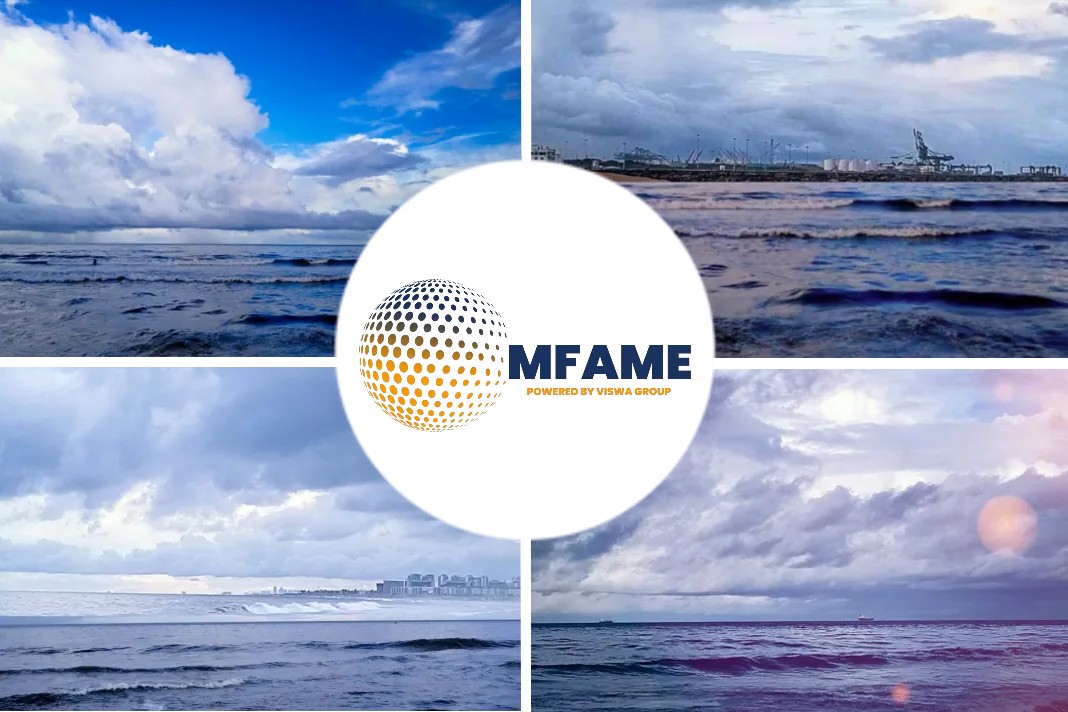
A news article published in the IMO news source states that Maritime Safety Committee (MSC 107) – amendments adopted, progress on autonomous ships Code.
Safety of navigation and voyage planning
New requirements concerning safety of navigation and voyage planning for non-SOLAS ships operating in polar waters are expected to enter into force on 1 January 2026. It follows the adoption of a first set of amendments to the International Code for Ships Operating in Polar Waters (Polar Code) together with associated amendments to the International Convention for the Safety of Life at Sea (SOLAS Convention) by the IMO Maritime Safety Committee (MSC) at its 107th session (31 May-9 June).
The changes will apply to fishing vessels of 24 m in length overall and above, pleasure yachts of 300 GT and above not engaged in trade, and cargo ships of 300 GT and above but below 500 GT, operating in polar waters. The Polar Code covers the design, construction, equipment, operational, training, search and rescue and environmental protection matters relevant to ships operating in waters surrounding the north and south poles.
The Committee made progress at the meeting on the development of a goal-based instrument regulating the operation of maritime autonomous surface ships (MASS), which is expected to be adopted by 2025.
A MASS Working Group was established to further the work and develop common positions on various matters, to be shared with the Joint MSC/LEG/FAL Working Group on MASS, established as a cross-cutting mechanism to address common issues identified by the Maritime Safety, Legal and Facilitation Committees.
The Working Group was instructed to continue the development of the MASS Code, taking into account the latest draft prepared by the newly re-established Correspondence Group which; further consider the common potential gaps and/or themes; if necessary, develop positions on any common issues for submission to the Joint MSC/LEG/FAL Working Group in the future; limit the development of the non-mandatory MASS Code to cargo ships with a view to consider the feasibility for application to passenger ships at a future stage. The Working Group is due to meet in October 2023.
A Symposium on ʺMaking headway on the IMO MASS Code”, co-sponsored by IMO and the Republic of Korea, was held the day before MSC 107 commenced. Read more here.
Other matters discussed at MSC 107 include
The safe delivery of IMO’s strategy on reduction of Greenhouse Gas (GHG) emissions through coordination with the Marine Environment. MEPC is due to adopt a revised GHG Strategy at its 80th session, 3-7 July.
The adoption of a resolution on “Strengthening measures for ensuring the safety of international shipping” which urgently calls on the Democratic People’s Republic of Korea (DPRK) to comply with SOLAS regulations on navigational warnings and to cease unlawful and unannounced ballistic missile launches across international shipping lanes. It also requests that the IMO Secretary-General work with international organizations which face common serious challenges posed by DPRK missile launches, and update Member States and relevant maritime stakeholders.
- The approval of, with a view to subsequent adoption, draft amendments to SOLAS chapter V regarding the reporting of the loss of containers overboard which present a serious safety and navigation hazard.
- Approval of, for subsequent adoption, revisions and updates to the International Convention on Standards of Training, Certification and Watchkeeping for Fishing Vessel Personnel (STCW-F), 1995.
- Approval of, for subsequent adoption, draft amendments to the Standards of Training, Certification and Watchkeeping for Seafarers (STCW) Code to prevent and respond to bullying and harassment in the maritime sector, including sexual assault and sexual harassment.
- Approval of a draft Assembly resolution on Recommendations emanating from the Joint Action Group to review the impact of the COVID-19 pandemic on the world’s transport workers and the global supply chain (JAG-TSC). The draft resolution endorses and recommends actions to address the impact of measures taken during Public Health Emergencies of International Concern (PHEICs) affecting transport sectors and their workers and encourages improved coordination at the national level within affected countries.
Read a full summary of MSC 107 here.
Did you subscribe to our Newsletter?
It’s Free! Click here to Subscribe!
Source: IMO
















